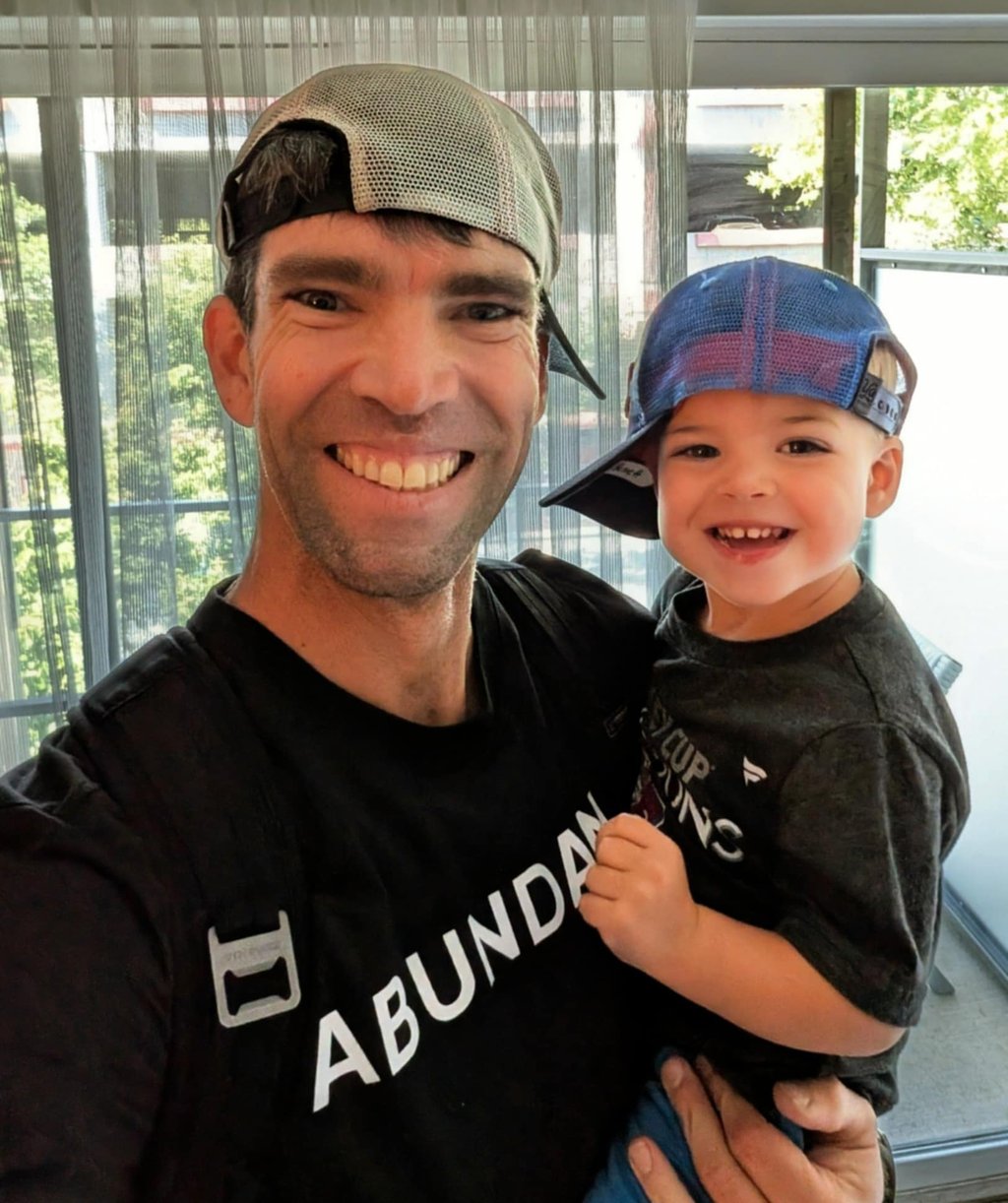Children Only Knock Twice - Once with Expectation, Once with Hope, Then They Give Up
Dr. Michael Donovan
8/24/20253 min read


There’s a sound every parent knows. A small hand at the door. The knock is light, almost polite. It’s not a demand, not yet.
The first knock is full of EXPECTATION. A child believes without hesitation that the door will open. They believe the adult on the other side will be ready, available, and glad they came. They expect to be welcomed in—because in their mind, love is constant and attention is always just a moment away.
If the door doesn’t open, they wait. They try again.
The second knock is different. It carries HOPE. Hope is a softer currency than expectation. It’s no longer certain. They’re no longer sure you’ll come, but they wish you would. The tone changes—you can hear it if you listen. Hope still believes, but it’s bracing for the possibility of silence.
If the door still doesn’t open, something shifts.
Children don’t keep knocking forever. They learn. They stop asking. They stop expecting. They stop hoping.
And that’s where the danger lies—not in the knocks, but in the absence of them.
The Physics of Connection
Attention is like gravity in a relationship. The stronger the pull, the more orbits stay intact. When children stop knocking, they don’t stop needing you-they just start building new planets to orbit around. Those planets might be peers, screens, strangers, or self-soothing habits.
You can’t fault them for it-it’s survival- but you can miss the chance to be the center of their universe when it matters most.
We Teach Them How to Knock
Every parent has missed a knock. Life is noisy, phones buzz, work deadlines loom, dinner burns, the TV is on...and in the grand scheme, one missed knock feels small...but here’s the truth: a child’s persistence is not infinite. If they learn that their knocks lead to locked doors- literal or emotional- they knock less...and eventually, not at all. The lesson they carry forward into adulthood is this:
Don’t bother asking.
Your needs aren’t welcome here.
Handle it yourself.
And we wonder why teenagers retreat to their rooms, why young adults don’t call home, why conversations become surface-level. Sometimes, the silence didn’t start in adolescence—it started with those first two unanswered knocks years earlier.
Opening the Door Before It’s Too Late
The great thing about doors is they swing both ways. It’s never too early- or too late- to change the rhythm. To teach your kids that you will answer. Not every time, not perfectly...but often enough that expectation stays alive and hope never has to turn into resignation.
That doesn’t mean you’re at their service 24/7. Boundaries matter, but acknowledgment matters more. You can crack the door, make eye contact, say “I hear you, I’ll be there in two minutes.”
What matters isn’t instant gratification—it’s the certainty that they matter enough to be answered.
When You’ve Already Missed Too Many Knocks
If you’re reading this with a pit in your stomach, you’re not alone. Every parent has a highlight reel of missed moments. Regret is the tax we pay on love, but there’s a way back. You start knocking on their doors. You show up without an agenda. You sit on the floor. You listen more than you talk. You answer before they have to knock.
It takes time for them to believe you mean it, and at first, they might open only a crack. That’s okay. Trust is a slow rebuild, but the very act of knocking, of showing you still want in, sends the message that you haven’t given up, even if they once did.
The Two Knocks That Shape a Life
Expectation and hope- those are the currencies of childhood connection. We only get so many chances to preserve them before cynicism cashes them out.
The sound of a child knocking is an invitation to stay part of their world, and when we answer, we teach them something that will echo through every relationship they have for the rest of their lives: When you reach out, people will reach back.
One day, they’ll stop knocking altogether- not out of spite, but because they’ve learned not to expect an open door and by then, the silence will be far louder than any knock could have been.
So when you hear it- the tap-tap of expectation, or the gentler knock of hope- don’t wait. Open the door!